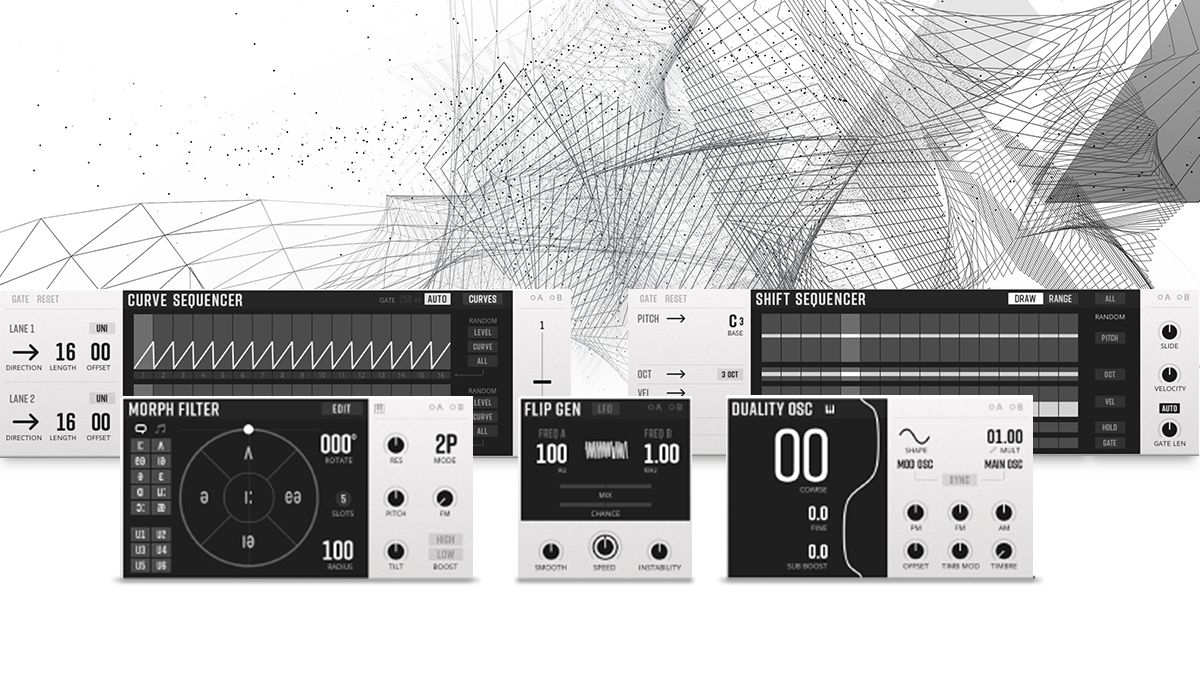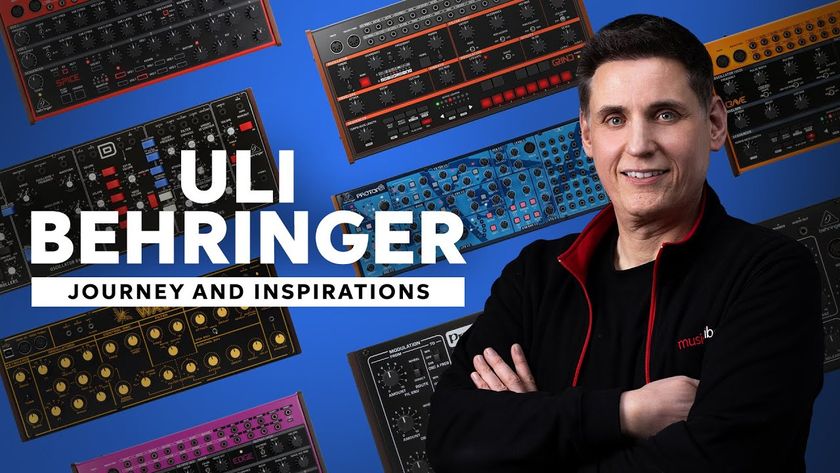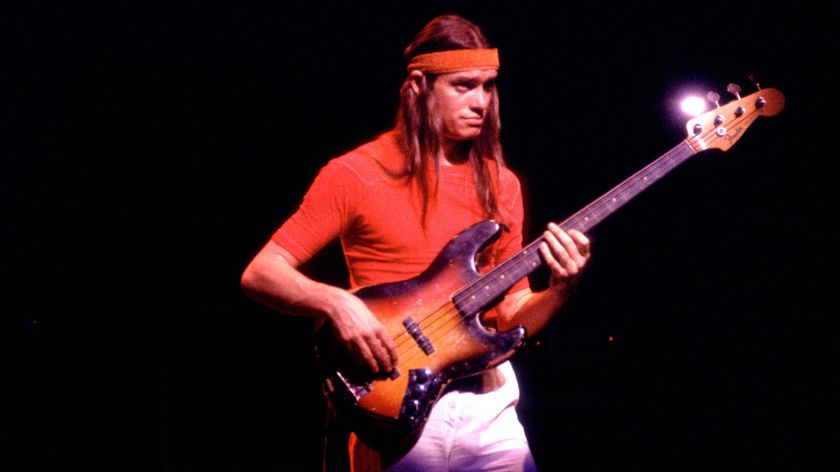Reaktor Blocks users can download five new Eurorack-style modules for free
The v.13 update also adds five new Ensembles

Once you’ve been bitten by the Eurorack bug, it’s notoriously easy to become addicted to buying new modules, which can end up costing you an awful lot of money. If you’re a user of NI’s Eurorack-inspired Reaktor Blocks platform, however, you can now have five new modules for free as part of the v1.3 update.
Going under the combined family name of Kodiak, these modules aren’t modelled on specific hardware, but are said to combine “analogue character with digital power”. NI describes the new modules as follows:
- Duality OSC is a dual oscillator that adds innovative wave-shaping to Blocks. It offers phase-, frequency-, amplitude-, and timbre-modulation, and is ideal for growling basses, vibrant leads, and rich percussion.
- Shift Sequencer is an unconventional step sequencer. It has independent sequence-length and direction controls for pitch, octave, velocity, hold, and gate, making polyrhythmic sequencing easy.
- Curve Sequencer takes a modern classic – MASSIVE’s stepped modulation sequencer – and places it in the Blocks rack. It enables complex stepped modulation, perfect for electronic music.
- Morph Filter delivers a triple-resonant filter bank designed to morph between settings for vowel sounds, chords, or percussion.
- Flip Gen is a versatile tone generator and experimental noise source. It is perfect for generating bleepy sequences, bell-like FM, morse, pitched noise, crackly textures, and for use as a creatively random modulator.
Blocks 1.3 also includes five new Ensembles, each of which showcases the new modules and can serve as a complete synthesizer in its own right. These come with a total of 195 presets between them.
Blocks 1.3 is part of Reaktor 6, and the update can be downloaded from the Native Instruments website.
Get the MusicRadar Newsletter
Want all the hottest music and gear news, reviews, deals, features and more, direct to your inbox? Sign up here.



I’m the Deputy Editor of MusicRadar, having worked on the site since its launch in 2007. I previously spent eight years working on our sister magazine, Computer Music. I’ve been playing the piano, gigging in bands and failing to finish tracks at home for more than 30 years, 24 of which I’ve also spent writing about music and the ever-changing technology used to make it.

“I didn’t even realise it had synthesizer on it for decades”: This deep dive into The Beatles' Here Comes The Sun reveals 4 Moog Modular parts that we’d never even noticed before

Is Sabrina Carpenter the world’s biggest Teenage Engineering fan? Please, please, please say that it’s true

![Chris Hayes [left] wears a purple checked shirt and plays his 1957 Stratocaster in the studio; Michael J. Fox tears it up onstage as Marty McFly in the 1985 blockbuster Back To The Future.](https://cdn.mos.cms.futurecdn.net/nWZUSbFAwA6EqQdruLmXXh-840-80.jpg)






